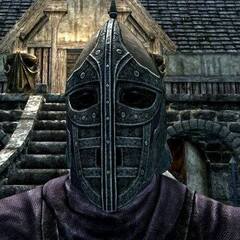Tips for a C++ Beginner?
-
Featured Topics
-
Topics
-
3
-
4
-
1
-
Soapy1234 ·
Posted in CPUs, Motherboards, and Memory1 -
tridy ·
Posted in Programs, Apps and Websites1 -
Gabrielzv1233x2 ·
Posted in Troubleshooting3 -
2
-
RiftenGuard2011 ·
Posted in PC Gaming3 -
jeremythelee ·
Posted in LMG Sponsor Discussion6 -
2
-







.thumb.jpg.ab6821c090888206ddcf98bb04736c47.jpg)









Create an account or sign in to comment
You need to be a member in order to leave a comment
Create an account
Sign up for a new account in our community. It's easy!
Register a new accountSign in
Already have an account? Sign in here.
Sign In Now